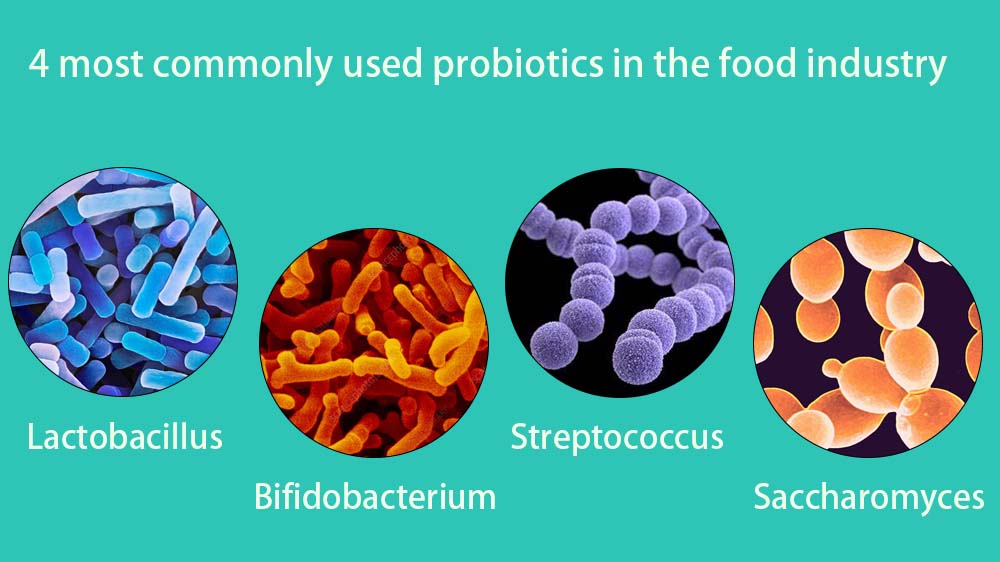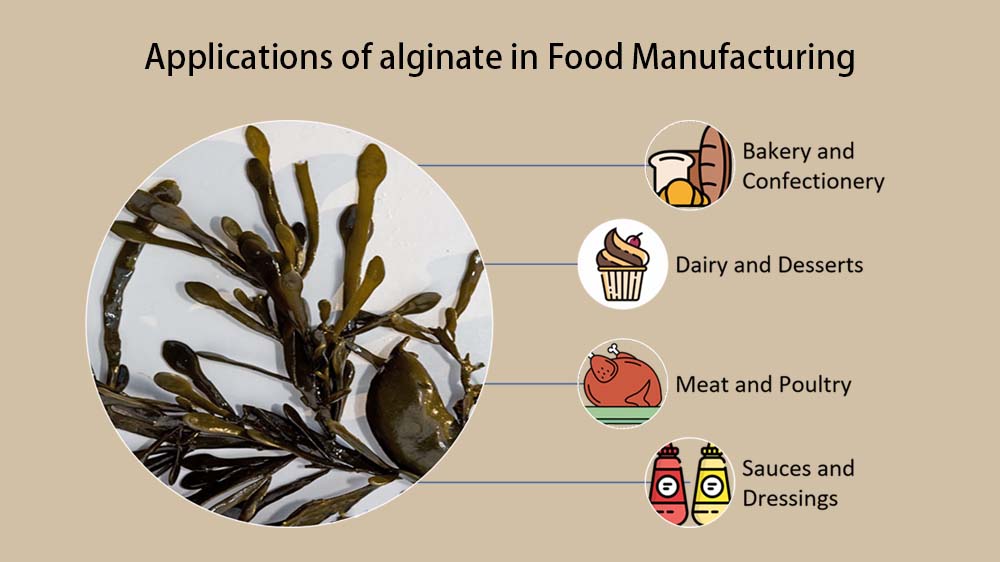Propylene Glycol Alginate: A Game-Changing Ingredient for Food Manufacturers
Introduction
In the competitive world of food manufacturing, staying ahead of the curve is crucial. The ability to innovate and create unique products that appeal to consumers’ ever-evolving tastes is a challenging task. One ingredient that has shown remarkable potential in attracting food manufacturers is Propylene Glycol Alginate (PGA). PGA, a natural polysaccharide derived from brown algae, offers a wide range of benefits that make it an enticing choice for food manufacturers.
Versatility and Functionality
PGA’s versatility as an additive is one of its greatest strengths. It can be used as a stabilizer, emulsifier, thickener, and texturizer. This multifunctionality makes it an ideal ingredient for a variety of food products, ranging from baked goods to dairy products and even beverages. Its ability to enhance the texture and mouthfeel of products without altering their taste is a game-changer for manufacturers striving to create unique sensory experiences for consumers.

Clean Label Appeal
In recent years, consumers have become increasingly conscious about the ingredients in the products they consume. They seek out clean labels that contain simple, recognizable ingredients. PGA fits the bill perfectly. Derived from natural sources, it offers food manufacturers an opportunity to meet consumer demands for clean label products. Its inclusion in ingredient lists can attract health-conscious consumers looking for transparency and authenticity in their food choices.
Extended Shelf Life
Food manufacturers are constantly seeking ways to extend the shelf life of their products while maintaining quality and taste. PGA has demonstrated its ability to improve the stability and shelf life of various food items. By acting as a barrier against moisture migration and preventing microbial growth, PGA helps maintain freshness and quality for longer periods. This attribute not only reduces waste but also enhances profitability for manufacturers.
Emulsion Stabilization
Creating stable emulsions is often a challenge in food manufacturing. PGA’s emulsifying properties offer a solution to this problem. It stabilizes oil-in-water emulsions, preventing phase separation and ensuring a smooth, consistent product. This is particularly beneficial in the production of salad dressings, sauces, and mayonnaise, where stable emulsions are crucial for both visual appeal and taste.
Enhanced Product Texture
Texture plays a vital role in the overall sensory experience of food products. PGA, with its ability to enhance viscosity and provide a creamy mouthfeel, can transform ordinary products into extraordinary ones. From yogurts to ice creams, the addition of PGA can create a smoother and more indulgent texture that consumers crave.
Conclusion
In a highly competitive market, food manufacturers must constantly seek innovative ingredients that offer unique benefits. Propylene Glycol Alginate (PGA) has emerged as an ingredient that can attract manufacturers with its versatility, clean label appeal, extended shelf life benefits, emulsion stabilization properties, and ability to enhance product texture. By incorporating PGA into their formulations, food manufacturers can stay ahead of the curve and meet consumer demands for high-quality, innovative products. Embrace the power of PGA and unlock a world of possibilities in the food industry!







